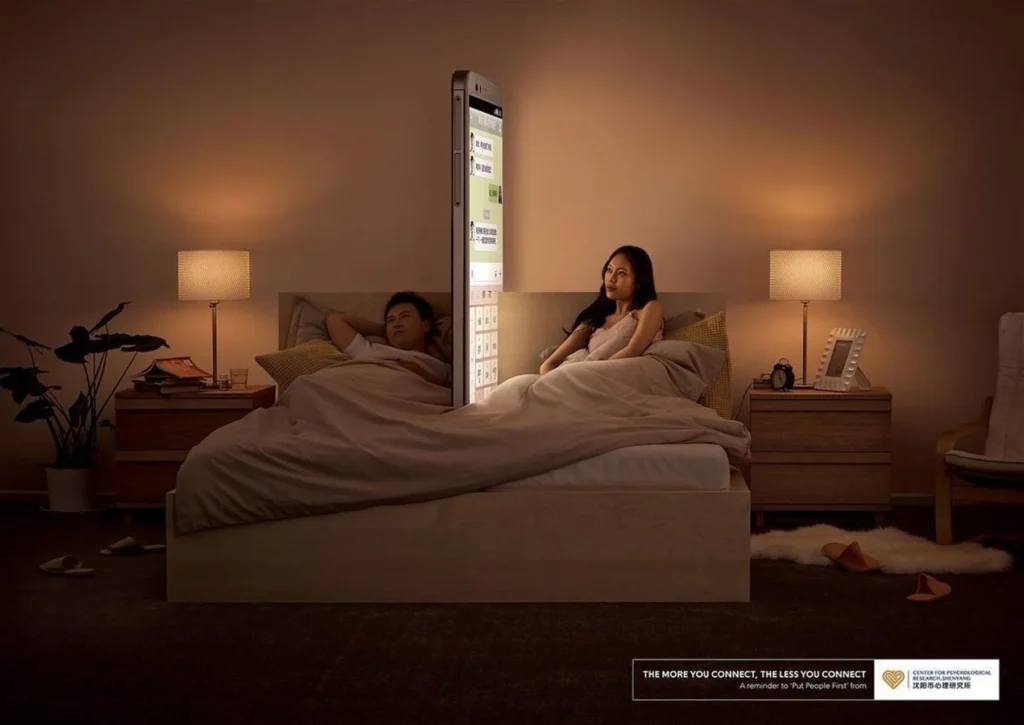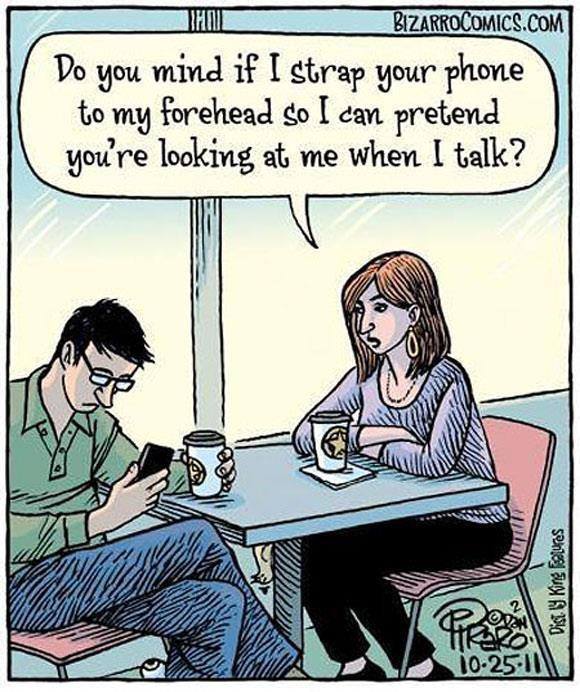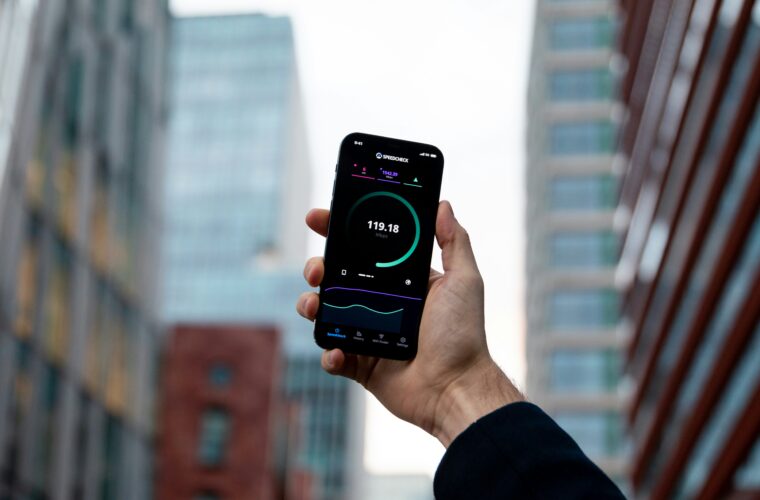Phubbing, or phone snubbing, refers to the act of ignoring someone in a social setting by paying more attention to one’s phone. It can strain relationships and hinder effective communication.
How many times have we ignored our friends or our partners to focus on our mobile phones? To scroll through Instagram or TikTok without being mentally present? However, few of us are aware that this behaviour increases the risk of loneliness and psychological distress for others.
This habit is called “phubbing” (a combination of the words “phone” and “snubbing”) and adds to the vocabulary of relationship terms, simultaneously constituting a relatively new and concerning phenomenon. “The term ‘Phubbing’ refers to everyday situations where, even though we are physically present, the other person ignores us because they are engrossed in the content on their phone,” explains Naomi Torres-Mackie, a clinical psychologist at Lenox Hill Hospital.
According to data from a study published in BMC Psychology, it was found that individuals experiencing this behaviour are at a greater risk of loneliness or psychological distress. This fact can decrease their overall life satisfaction.
How does it affect relationships?
In the study, researchers asked 720 Romanians, aged 18 to 77, to report how often they experienced the phenomenon of phubbing and how satisfied they felt with their lives. They observed that levels of loneliness and distress were higher in those who consistently felt this type of rejection. However, there was no direct relationship between phubbing and life satisfaction. Individuals experiencing more loneliness, though, had increased chances of psychological distress and decreased life satisfaction.
“Our findings demonstrate that phubbing could lead to feelings of social exclusion, reduced communication quality, and dissatisfaction in relationships,” notes Dr. Ryan Sultan, Assistant Professor of Clinical Psychiatry. Its consequences can affect various types of interpersonal relationships, from romantic and friendly to professional relationships with colleagues. “In romantic relationships, it could cause disagreements and reduce satisfaction. In other interpersonal interactions, such as those with friends or colleagues, it could lead to decreased trust and a sense of devaluation,” warns Dr. Sultan.
However, why does phubbing have such a significant impact on those who experience it? Our emotions when using mobile phones play a crucial role: “The addictive nature of digital devices stems from the dopamine releases they provide us. Dopamine, a neurotransmitter associated with pleasure and reward, is released in response to rewards from interactions and notifications on social media. This can lead to continuously increasing device usage, making it challenging for us to disengage from the digital world,” explains Dr. Sultan.

How to address phubbing
Establish phone-free zones:
Designate specific areas or times where phone use is not allowed. For example, during meals, in the bedroom, or when spending quality time with friends and family. Creating these boundaries helps build a habit of being present in the moment.
Use technology mindfully:
Be conscious of your phone usage and set specific times for checking messages and social media. Consider turning off non-essential notifications to reduce distractions. Using your phone with intention rather than impulsively can help break the habit of phubbing.
Practice active listening:
When engaged in a conversation, focus on the person you’re talking to. Put your phone away or on silent to avoid distractions. Make eye contact, nod, and respond appropriately to show that you actively listen and value the interaction.

Communicate your intentions:
If you need to use your phone for a specific reason during a social setting, communicate that intention to others. For example, tell them you need to check an important email or send a quick message. Transparency helps others understand why you’re using your phone and reduces the perception of phubbing.
Set personal limits:
Establish limits on your screen time and be disciplined about sticking to them. Use features on your phone that track your usage and provide reminders when approaching your self-imposed limitations. This can help you become more aware of your habits and encourage healthier phone usage.
Remember, breaking the habit of phubbing requires a conscious effort to prioritize real-life interactions over virtual ones. By implementing these golden rules, you can create a more mindful and respectful approach to using your phone in social settings.



